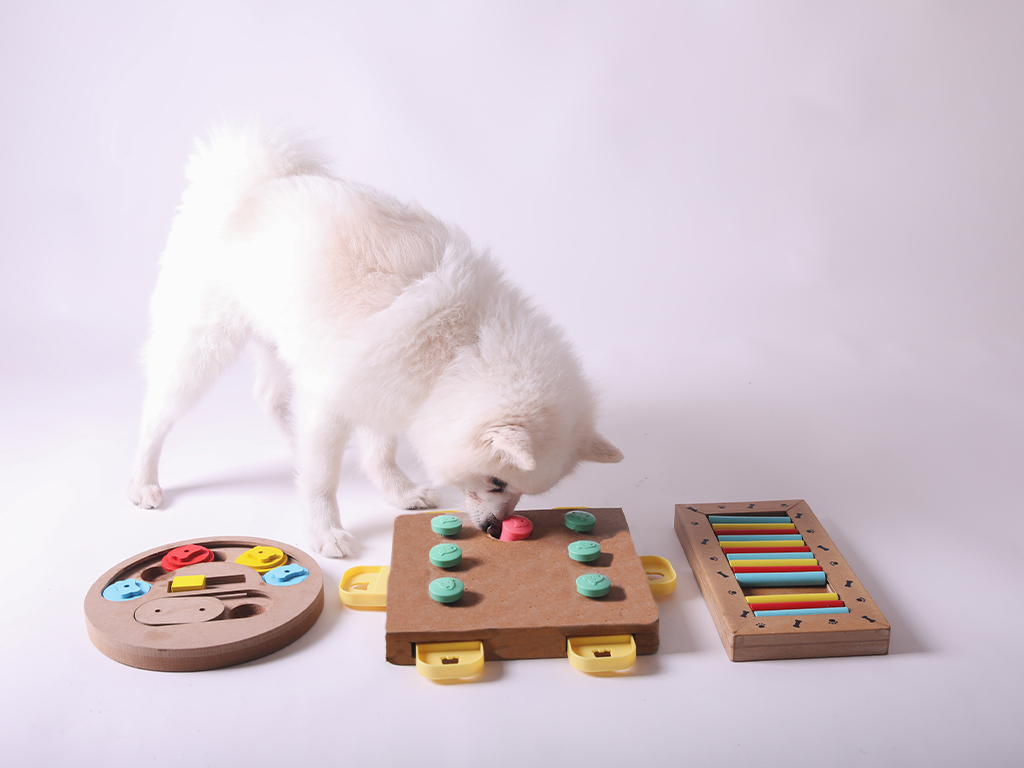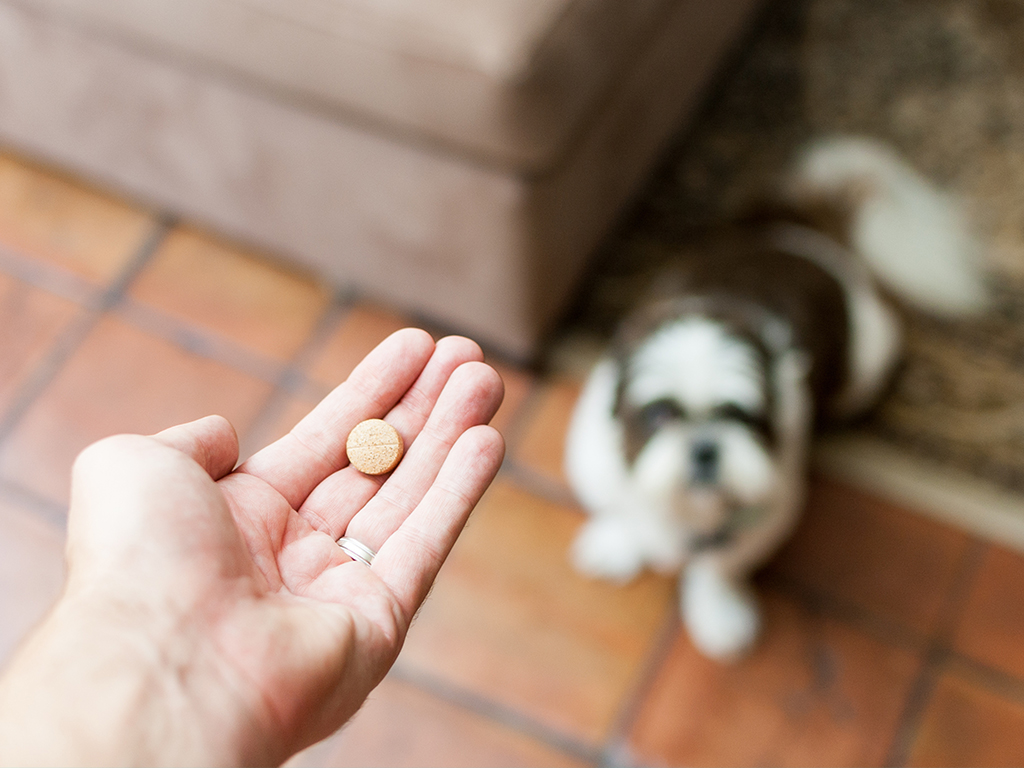Glucocorticoids are drugs widely used in veterinary medicine for the treatment of various inflammatory and autoimmune diseases. Despite their efficacy, one of the most notable adverse effects is the influence they can have on dog behavior. This blog explores how these medications can affect your dog’s behavior and what strategies you can implement to help them manage these changes.
Effects of glucocorticoids on dog behavior
Dogs treated with glucocorticoids, either acutely or chronically, often experience increased general stress. This stress is manifested by a number of behavioral changes, most notably:
- An increase in fear: Dogs may show an increased tendency to become fearful or anxious in situations that previously did not cause them any discomfort.
- Reduced reaction threshold: Dogs under treatment may react more intensely and quickly to situations they perceive as threatening or upsetting.
- Aggressive behaviors: One of the most worrisome effects is the appearance of aggressive behaviors, especially in the presence of food. Glucocorticoids can increase the dog’s appetite and make food an extremely valuable resource, which can trigger aggression.
How to support your dog during treatment
If your dog is undergoing glucocorticoid therapy, it is important that you are prepared to manage these potential behavioral changes. Here are some steps that can help:
- Reduce environmental stress: Minimize stimuli that can generate stress in your dog. An effective way to do this is to establish consistent daily routines that help increase the predictability of their environment. Dogs feel more confident when they know what to expect on a daily basis
- Activities to relieve stress: provide your dog with food-dispensing toys and objects to chew on. You can also perform sniffing exercises, both at home and outdoors. These types of activities not only stimulate your dog mentally, but also help reduce accumulated stress. In addition, these activities can reduce excessive bonding with the guardian, as they are not directly dependent on your presence.

- Avoid confrontational situations: Dogs on glucocorticoids are especially sensitive to confrontational or frustrating situations. Try to avoid these situations and provide your dog with spaces where they can be calm and relaxed.
- Encourage quiet moments: It is important to respect your dog’s downtime. Avoid disturbing them when they are sleeping or relaxed. During calm moments, gentle massages can help reduce stress and promote a state of relaxation.
Glucocorticoid treatment may be necessary for your dog’s health, but it can also lead to significant behavioral changes. It is essential to be aware of these possible effects and take steps to help your dog manage stress and avoid situations that may trigger aggression or anxiety. If you have any questions or need advice, do not hesitate to consult your veterinarian. At Balmesvet, we are here to help you ensure your dog’s well-being throughout the treatment process.
Compartir


